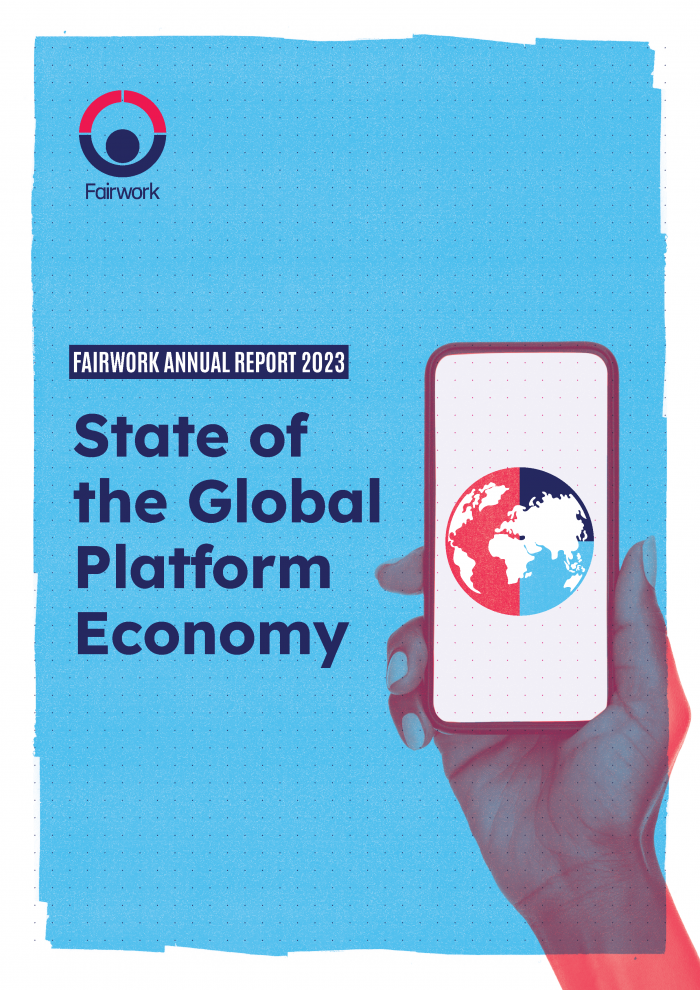

In Austria, a country with a strong tradition of social partnership, the rise of the platform economy demonstrates some peculiarities, such as a high collective bargaining coverage rate. Nonetheless, in some sectors (bogus) self-employment is used to evade these agreements. At the same time, the platform economy highlights a segment of the labour market that is characterised by low union density, low earnings and increasingly precarious working conditions, even in the context of a corporatist welfare state like Austria.
In the context of the COVID-19 pandemic many of these sectors flourished, resulting in a growing number of workers taking up jobs on digital labour platforms. At the same time, income and working conditions in the platform economy have remained the same or worsened. Platform workers are, thus, part of the “underrated high performers” (verkannte Leistungsträger*innen) as the sociologists Nicole Mayer-Ahuja and Oliver Nachtwey have termed them: members of a new service class whose work is directly related to the reproduction of labour power and social relations, and who are thus of central importance for contemporary capitalism, but who do not receive the social and financial recognition they deserve. Even the COVID-19 crisis, which briefly made the work of, for example, food delivery or care workers more visible and hence recognised, did little to alter the conditions of work on the platforms.
Webinar: Fairwork Austria Ratings 2022 Report Launch
Did you miss the launch of the Fairwork Austira Ratings? The Fairwork Austria team give a brief presentation with key findings from the report. This is followed by a discussion with guest panellists Dr. Anna Ritzberger-Moser (Ministry of Labour), Professor Martin Gruber-Risak (University of Vienna), and Christian Berger (AK Wien). The event closes with a Q&A session for attendees.